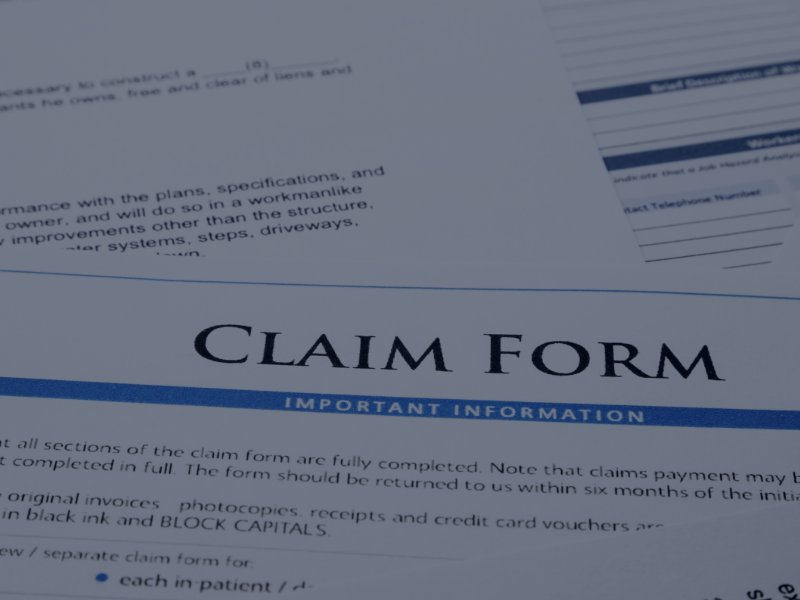Posted in Personal Injury on July 19, 2018
At some point after an accident, you will likely need to deal with insurance companies, whether it’s your own insurer who is covering the bill or while filing a claim through an at-fault party’s insurer. While most insurers will cover property damage and the costs of treating bodily injury after an accident, some aren’t as transparent about your options.
Accepting an insurance settlement can limit the amount of recovery you can receive after suffering injuries. A Long Beach personal injury attorney with experience handling settlement claims can help you determine a fair amount before you accept an offer from an insurer.

Liability Releases and Waivers
Most insurance settlements will require a liability release or waiver stating that you will pursue no further claims after accepting a settlement. This means that the claimant accepts the settlement amount under the condition that he or she will release the at-fault party from any future liability related to the incident. Essentially, the settlement offer should “fully satisfy” the claim and the claimant cannot receive any money unless he or she agrees to drop the issue permanently. If you accept a settlement offer only to discover further damages later, you cannot take additional legal action after signing a legally binding liability release.
Many injuries can lead to long-term physical complications that may not immediately manifest symptoms. If you signed a liability release or waiver to secure a settlement offer, you would be legally unable to pursue any claims against the responsible party. Jumping into insurance negotiations too soon without proper representation is unwise. Taking a few steps first can help you determine the most appropriate route to the compensation you deserve after an injury. It’s imperative to undergo a full medical examination after an injury and receive an in-depth prognosis that covers your current condition and future concerns. While accepting the initial settlement offer may seem tempting, a good lawyer can help you determine whether or not the offer is fair.
Why Do I Need a Lawyer?
An accident attorney will help you explore your options for compensation before accepting an insurance settlement. For example, your injuries may lead to long-term disability or complications with work and a financial expert can explain how this will impact your future earnings. A medical expert can testify as to the extent of the victim’s medical complications following an accident, helping to ensure the claimant receives a fair amount for his or her claim. The insurance settlement should cover the full costs of the victim’s damages.
Tips Before Signing a Settlement Offer
Keep a few best practices in mind when dealing with insurance companies to maximize the amount of compensation you’ll receive from your claim:
- Have an attorney review any settlement offer before signing.
- Consider whether hiring expert witnesses to analyze your claim would strengthen your position.
- Seek immediate and thorough medical care after any injury. Having a specialist review your injury is a good idea, so try to locate one with experience treating your type of injury or illness.
- Retain copies of all documentation, correspondence, invoices, and other material evidence relevant to your claim.
- Research past cases similar to your own claim to determine which types of compensation you may collect.
- Speak with vocational experts and career advisors to determine your injury’s impact on your future ability to work.
Ultimately, meeting with an attorney before accepting any insurance settlement is a wise choice. If an insurance settlement offer isn’t fair, the claimant’s attorney can help build a case to pursue a judgment in a civil lawsuit. Expert witness testimony helps the court to determine the full scope of the victim’s damages and the defendant’s liability. Many civil lawsuits settle outside of court, but it’s important to know all of your options before accepting an insurance settlement offer.


